
Wineries applying for the trademark must satisfy some conditions. They need to have vineyards in which they have 100 percent ownership, and the grape growing, winemaking and bottling must all be completed within the winery. They also must be able to put grapes into fermentation tanks on the day they are harvested. The production capacity of each winery should not be lower than 70 metric tons per year.
Wang Zuming said the Estate Wine trademark is not as strict as systems such as Appellation d`Origine Controlee in France, or the DOC and DOCG in Italy.
"Europe has a much longer history of wine-making, which enables detailed classification and verification of origin," he said.
"Also, wine-growing regions are much smaller in Europe than in China. The Estate Wine trademark applies to all wineries in China."
He said as more wineries apply for the trademark, it will be possible for the association to make a more detailed classification and verification of origin system to better guarantee the quality of wine.
The supervisory body of wineries using the trademark will consist of not only wine experts, but also the media and consumers. Consumers can also complain on the association’s official website if they find any problem with wines that carry the trademark.
"In the end, customers will be the beneficiaries, and supervisors of the trademark," Wang Zuming said.

China's top 10 foodie cities |

Cute boxed meals |
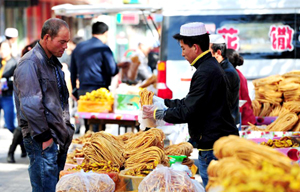
Muslims greet annual festival of Eid al-Adha in Yinchuan |
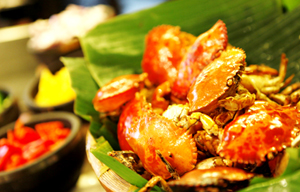
Cafe Noir hosts Singapore food festival |
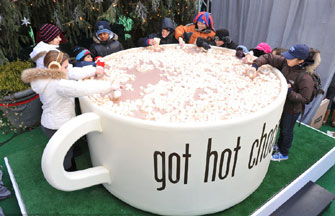
7 hot drinks to make Christmas merrier |
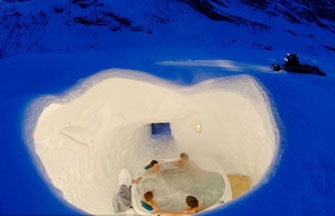
Sleep in a snow hotel |

Pastry Paradise exhibition opens in London |
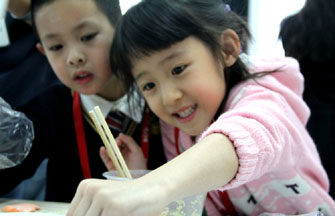
Kids Rock the Kitchen with Chopsticks & Beyond |